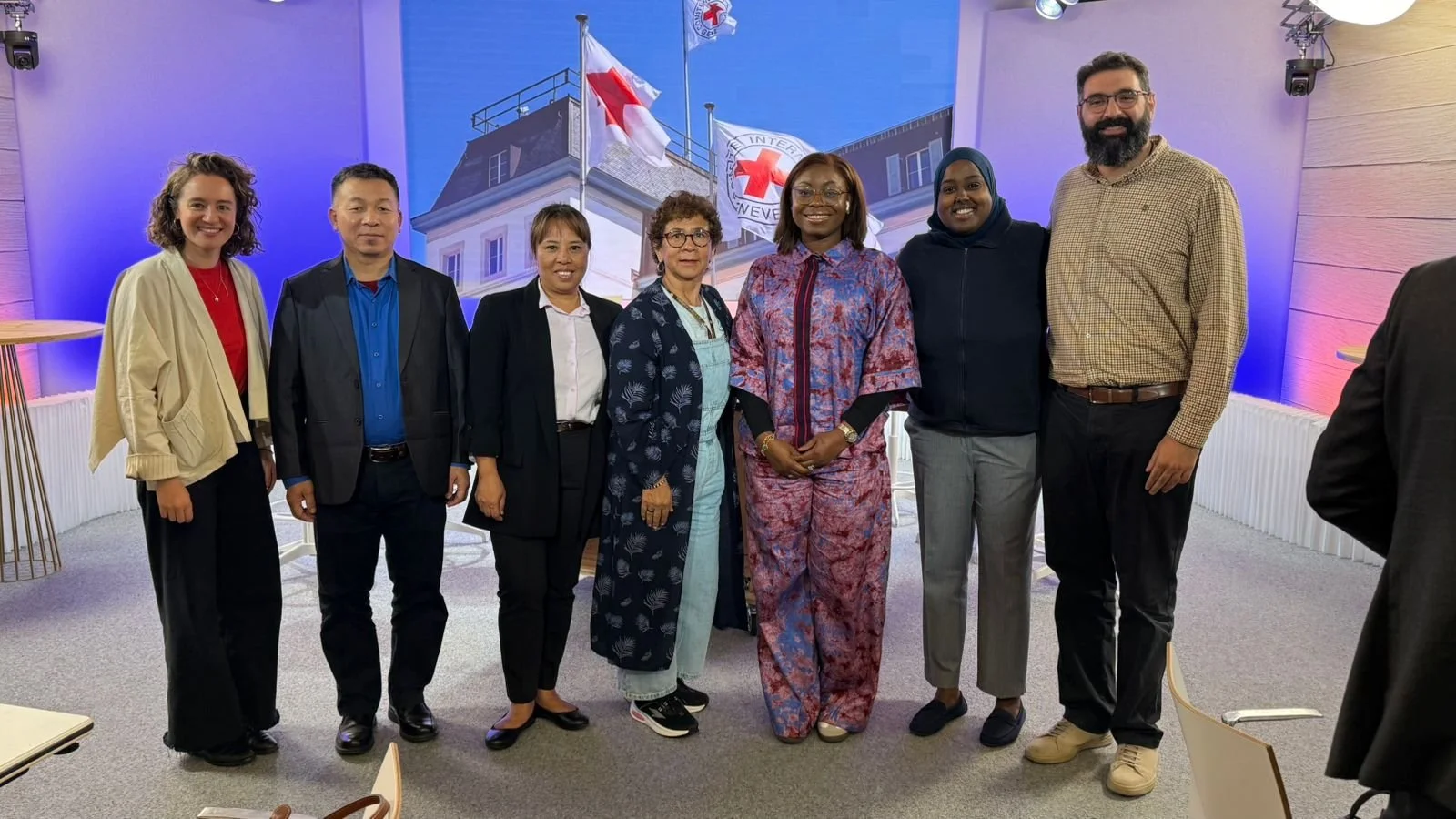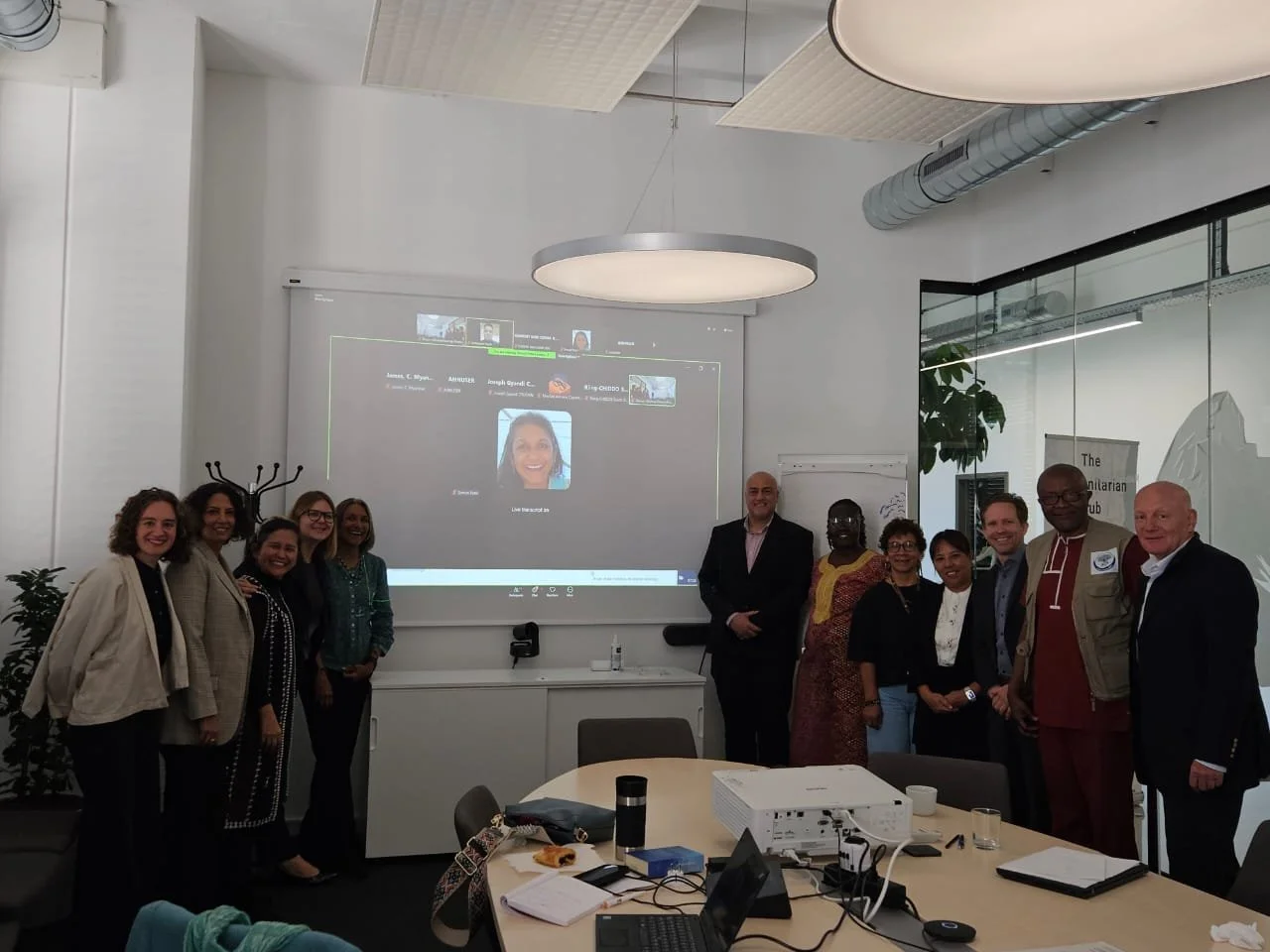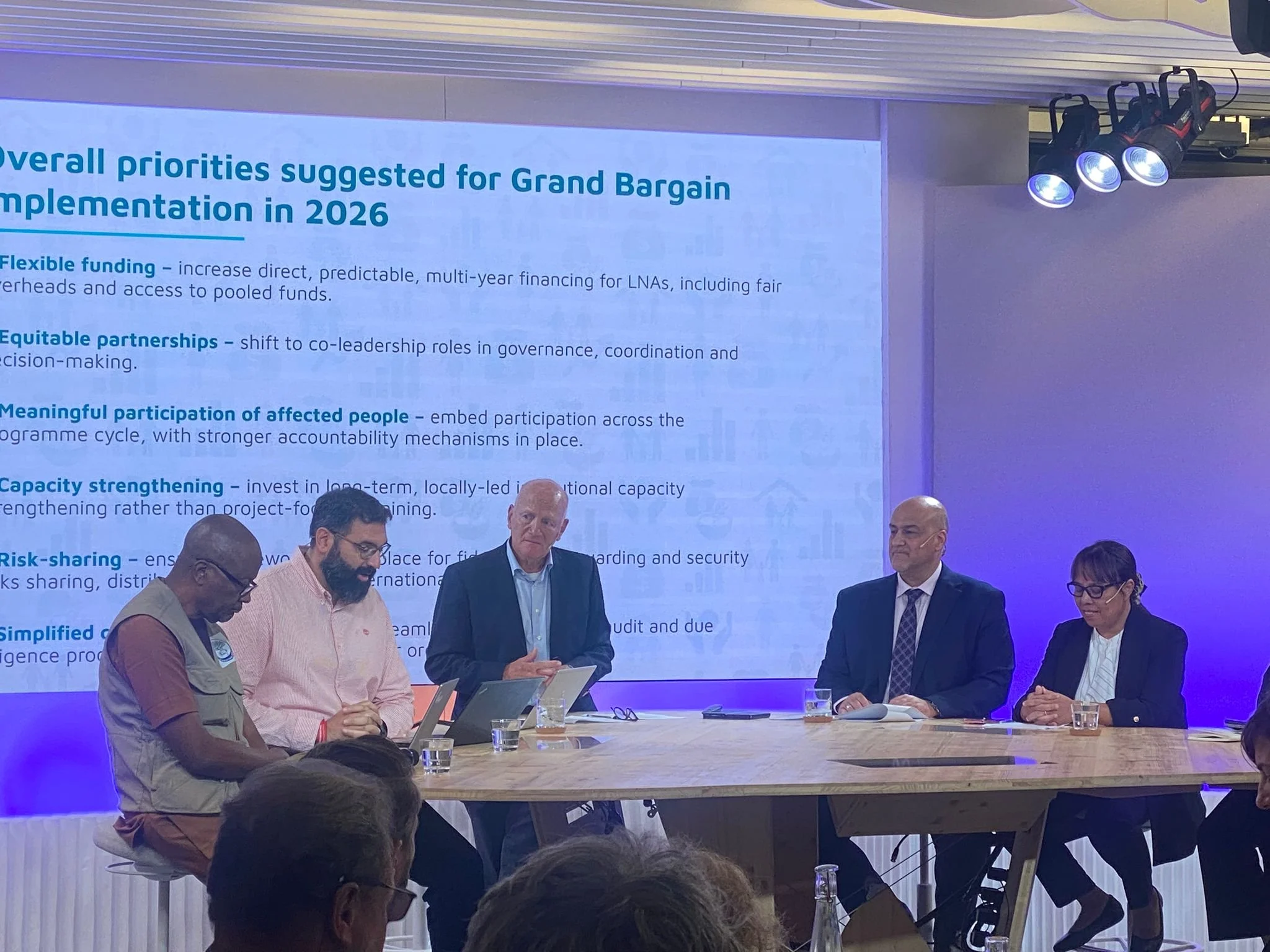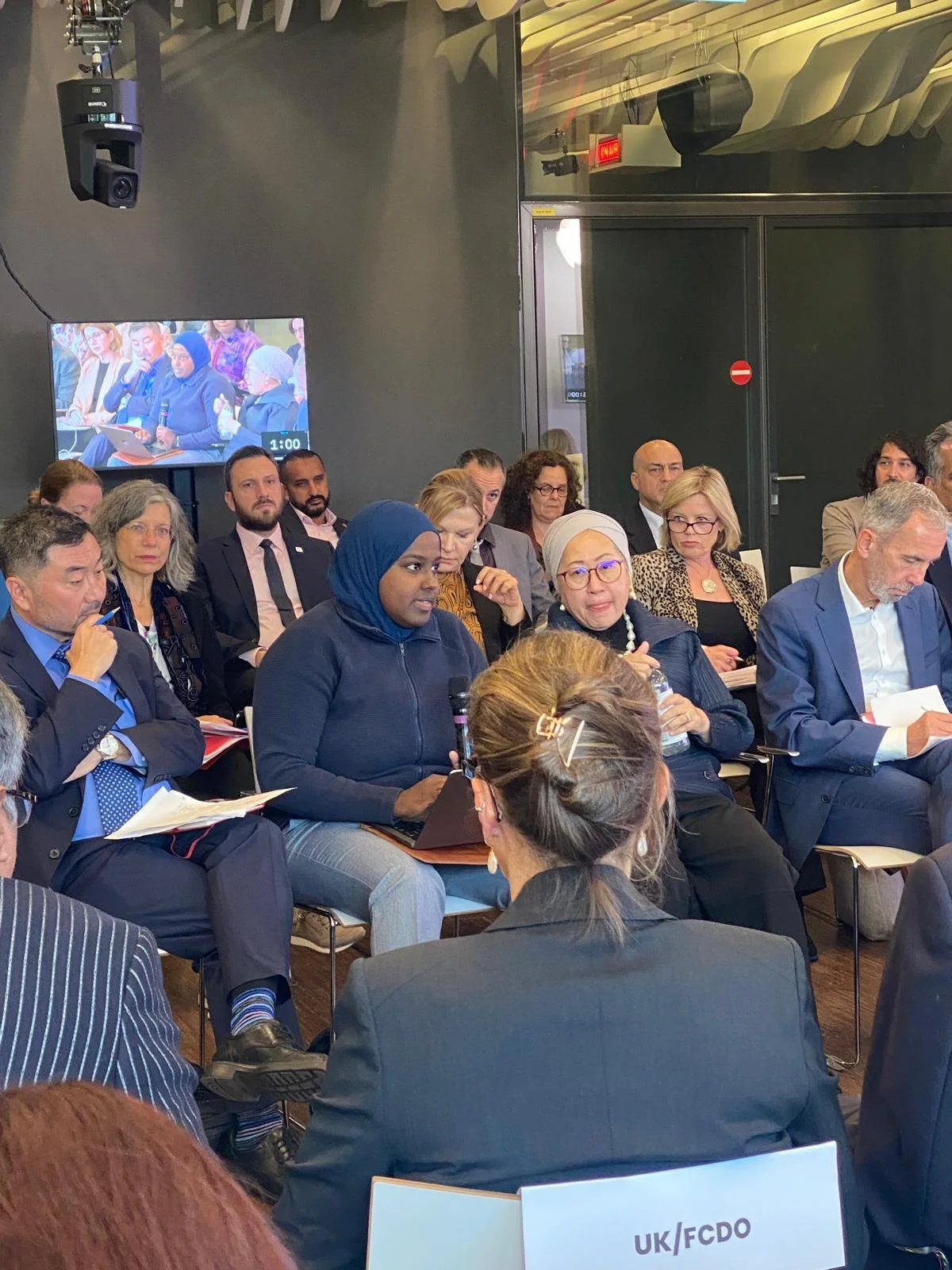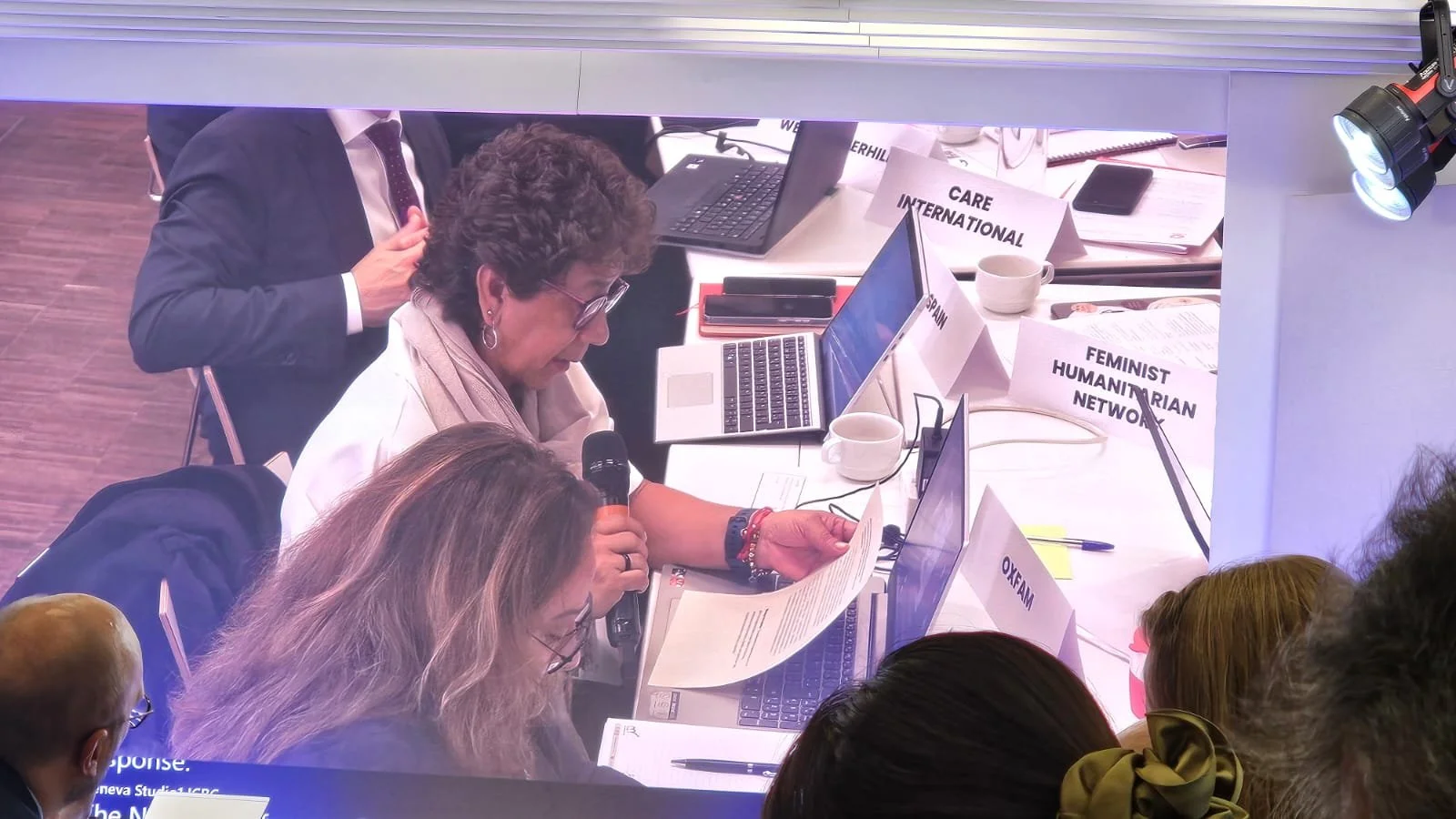The Grand Bargain Annual Meeting: What happened, and where do we go from here?
By Brianna Guidorzi
Last week, the Grand Bargain Annual Meeting was held in Geneva, Switzerland. NEAR was there with representatives from our Secretariat and our members who co-lead National Reference Groups. These are some of our reflections on the week and where we go as the Grand Bargain enters its tenth year. See also NEAR’s Statement: Under pressure: The Grand Bargain 3.0’s final year of implementation and future.
National Reference Group (NRG) Workshop before the Grand Bargain Annual Meeting
This time last week, Principals were sharing official statements on the future of the Grand Bargain. While there were some sceptical and dissenting voices, what emerged was that the large majority of Grand Bargain Signatories want to see the Grand Bargain continue – but with significant changes to its makeup, prioritisation, and even its name. The question now is: Where do we go from here?
The “boost” one year on: Recognition that the National Reference Groups are critical to the future of the Grand Bargain
In Geneva, we heard directly from representatives of the seven “Priority” NRGs – across Colombia, Myanmar, the Philippines, the Democratic Republic of Congo, South Sudan, Lebanon, and Ukraine. NRGs shared their progress from the last year while also making their challenges and asks clear: the NRGs need more and deeper engagement with Signatories at the country levels, to bridge the gap between global rhetoric and country level realities. They also called for support to other NRGs beyond the seven priority contexts, as well as the need to bring these NRG representatives to next year’s Annual Meeting. In the words of Barbara Dätwyler Scheuer from the Swiss Development Cooperation, “NRGs should be the heart, backbone, and grain of the Grand Bargain”.
This sentiment was reflected in the Principals Segment, where many Signatories – particularly donor governments, but also a handful of INGOs – spoke to how NRGs bring decision-making closer to crises, play a vital role in accountability, and that their role should be central to the Grand Bargain moving forward.
Let’s act on the call for greater inclusion
The unique makeup of the Grand Bargain – bringing together local civil society, donors, UN agencies, INGOs, and Red Cross/Red Crescent – is evoked repeatedly. It remains a point of pride among Signatories, despite slow and incremental progress with commitments over the last nine years. But, as NEAR has long advocated for, the Grand Bargain should – and will need to be – more inclusive to remain relevant into the future.
In addition to calls to deepening the role and representation of the NRGs, as well as local civil society more broadly, Signatories tabled inclusion of the wider system beyond those in the room: Global South governments, emerging donors, private sector, diaspora, and development actors. As one Principal mentioned, inviting in other actors to step up may mean that current actors need to create space and step back.
The work ahead: NEAR re-enters the Facilitation Group
While there was an overall signalling that the Grand Bargain should transform rather than come to a close, many questions remain unanswered: How can the space evolve to have the right set of actors as the sector undergoes significant changes – while also ensuring that the Grand Bargain becomes more focussed (as Signatories have called for) and delivers better on its commitments? Amidst other reform processes, can the Grand Bargain catalyse something deeper? And will the endorsements for NRGs translate to the necessary political and financial supports for them to play a successful role in accountability?
NEAR will now move into the Facilitation Group, the main coordination and steering body of the Grand Bargain. As the Global South and NRG Champion within that group, we look forward to answering those challenging questions, to contribute to shaping the future of the Grand Bargain.

